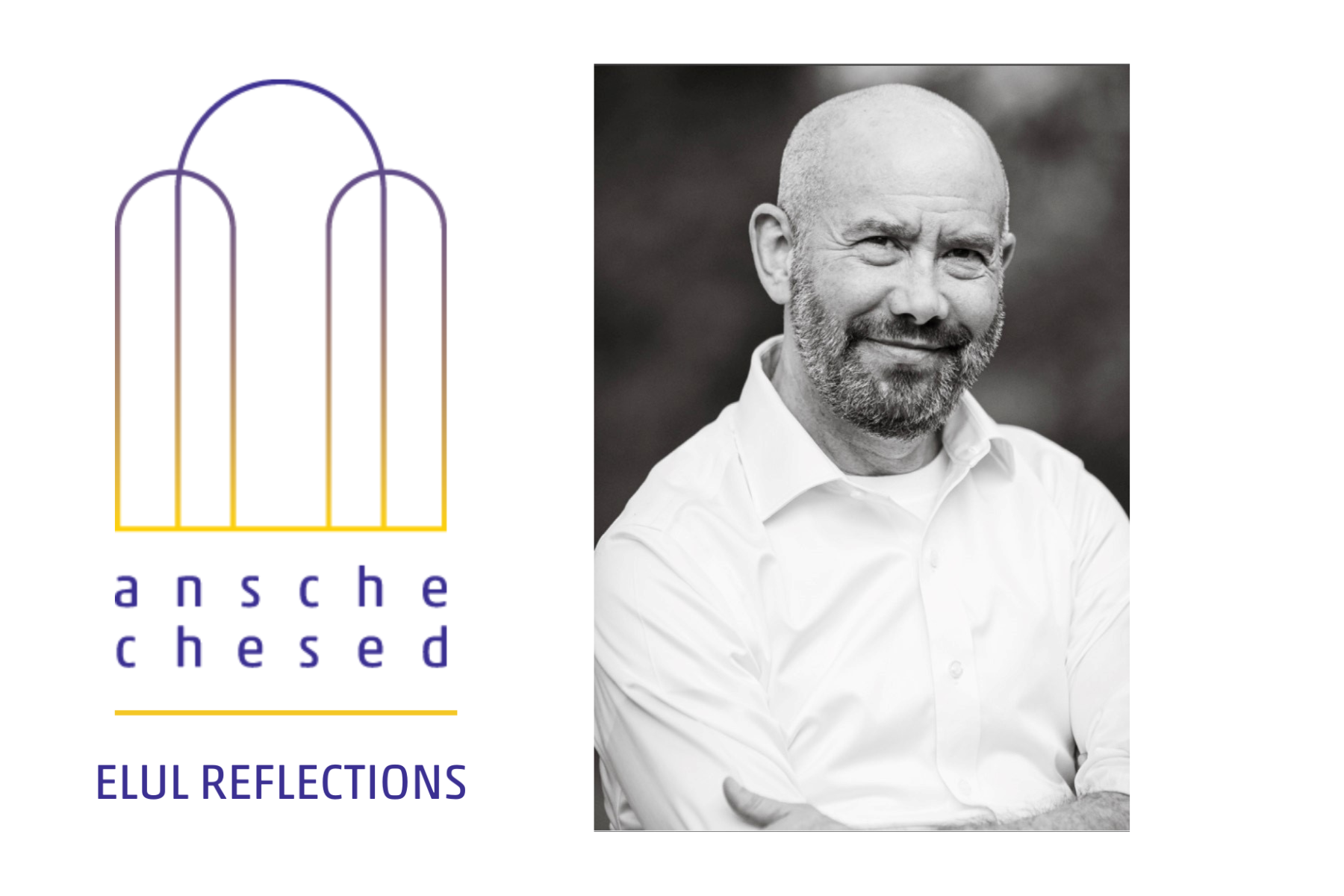The words of Shoftim, tzedek, tzedek tirdof – justice, justice shall you pursue – have guided my life’s work. They’ve become foundational since I was appointed to the bench as I have spent the past year learning to become a judge and to sit in judgment.
When I think about what I’ve learned, and particularly what it means to be a fair and just judge, at its core is kavod or respect.
As we enter the month of Elul, this time of introspection and preparation for Yom Hadin, the Day of Judgment, I’ve reflected on this lesson and how it might guide us as we begin the spiritual practice of teshuvah, returning to G-d. Teshuvah begins with self-examination and inventorying – cheshbon hanefesh – an “accounting of the soul.” It is an assessment of how we have treated each other and our relationship to G-d over the past year, noting where we have missed the mark.
Some describe it as a cataloging of our faults and shortcomings. Indeed, our liturgy includes a recounting of our collective misdeeds. In Vidddui, the acrostic confessional that we repeat on Yom Kippur, for example, we collectively confess that we have stolen, we have slandered, we have deceived, we have mocked.
Although chesbon hanefesh requires honest introspection, rarely do we identify where we have hit the mark and effected change. Our inventory does not tend to include the tzedakah we have given, the mitzvah of bikur cholim, visiting the sick, laying tefillin, or the ways in which we have contributed to tikkun olam, repairing the world. While these mitzvot do not require the forgiveness of others, a true accounting of our soul demands their inclusion.
Justice and kavod – kavod for ourselves and Ha’Shem in whose image we are created – require that we be judged not only for our worst inclinations but also our best.
L’shanah tovah umetukah tikatevu.





